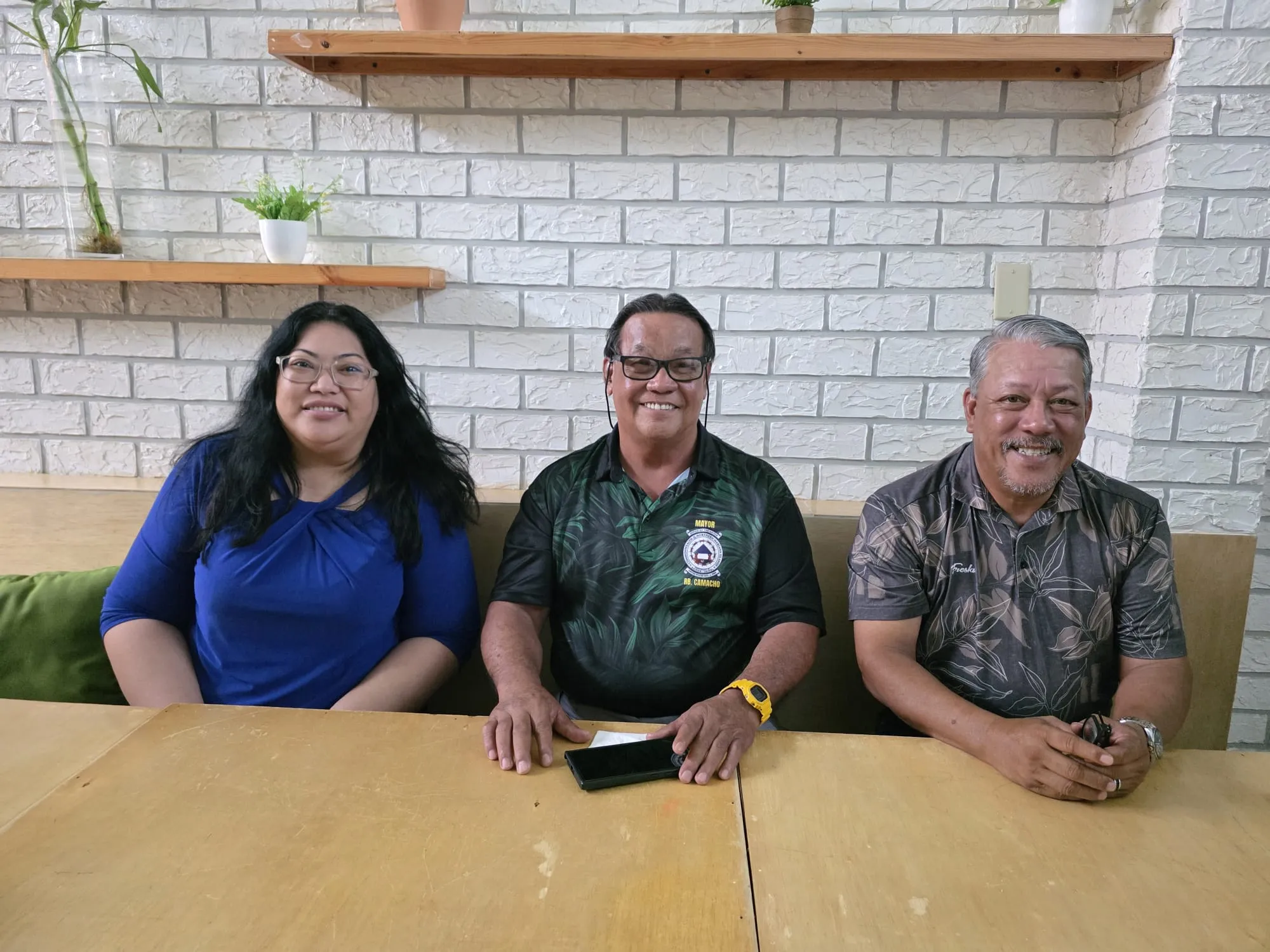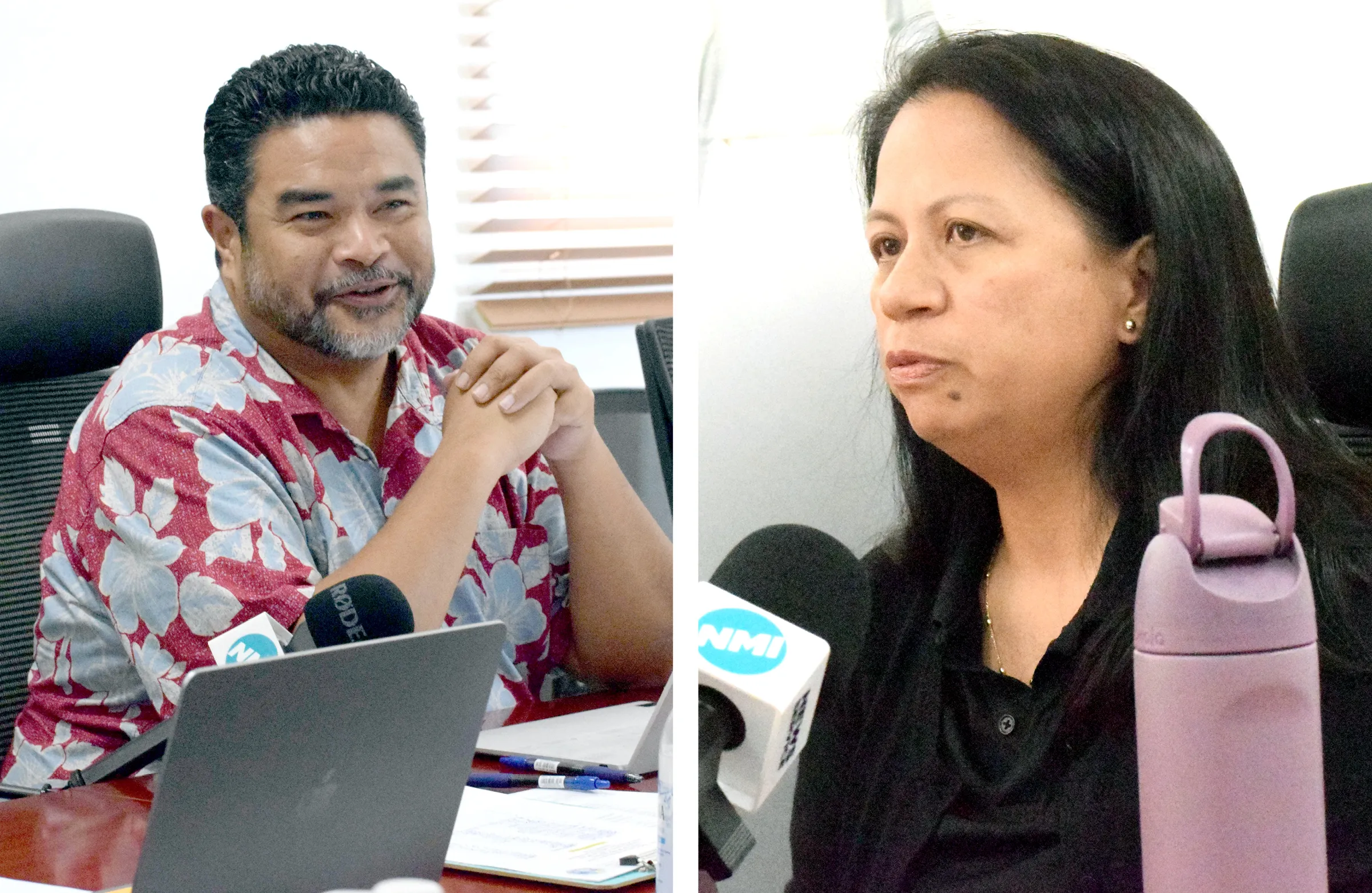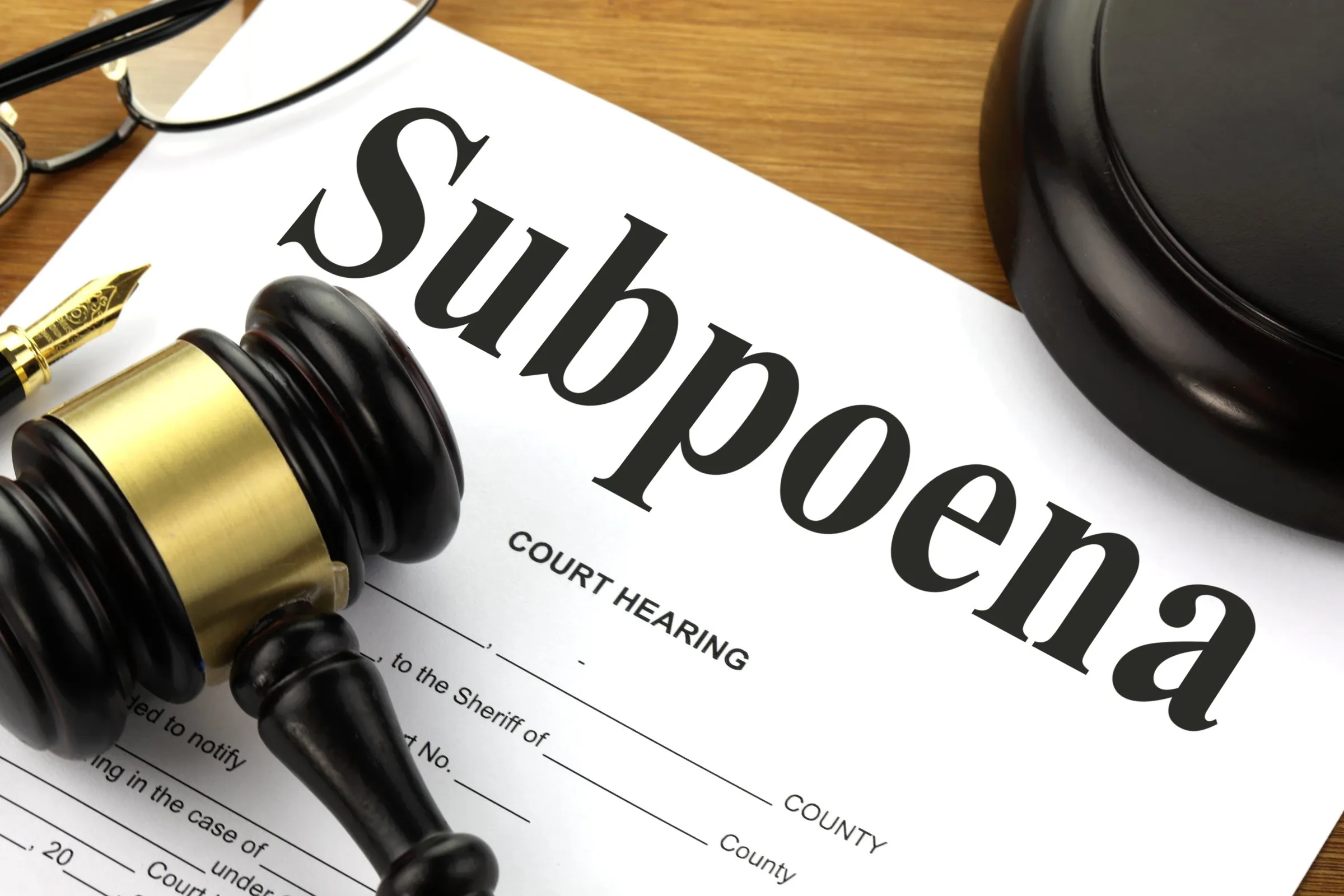Economically unsound
IN his latest report to the Legislature, the governor reiterated his administration’s intent to “invest…in infrastructure and workforce development to create a diverse economy that’s resilient and not reliant on factors beyond our control.”
Who wouldn’t support that? It ticks all the boxes that politicians have proclaimed adherence to since the TT days. However, the CNMI has yet to revive its sole industry, tourism, and continues to lose residents at an alarming rate, which will make diversification, infrastructure and workforce development increasingly challenging.
Does the administration truly believe that it can “create” an economy “not reliant on factors beyond our control”? Can it identify any economy anywhere in the world that is “not reliant on factors beyond [their] control”? At least three nations have attempted economic self-reliance: Cambodia under the Khmer Rouge, China under Mao, and North Korea, which continues to pursue autarky. These experiments in “self-sufficiency” have failed miserably, and even North Korea remains affected by global events. (That pitiable country is now exporting soldiers to Russia.)
The CNMI, to be sure, imports most, if not almost all, of the commodities and merchandise that make island life comfortable and convenient. Why? Because of the economic concept called “comparative advantage.” It is much more practical and cost-effective to buy what we cannot produce, while focusing on the things we do best and can profit from. This is why most of us don’t make our own clothes and shoes, cut our own hair or construct an office building with our own hands. Those are time-consuming tasks whose results, if undertaken by amateurs like us, are likely to be horrific. No. We stick with what we know or do best and get paid for it, and buy the things we need from folks who are experts in creating or acquiring them.
The same goes for nations and territories. The CNMI has qualities that attract thousands of people from temperate countries: year-round tropical weather, fabulous beaches, breathtaking dive spots, unique cultures, some of the friendliest and most hospitable people this side of paradise, and all under the American flag.
“It is clear that tourism development holds real promise” for the islands, as the U.S.-commissioned Nathan Report pointed out in 1967.
Sure, tourism is “volatile.” Don’t we all know that. But what economic activity isn’t? A dependence on military presence — which seems to be the administration’s “idea” of “diversity” and “self-sufficiency” — is vulnerable to geopolitical realities that can change suddenly and in ways no one could have anticipated. (In 1950, Saipan’s economy started to collapse as soon as U.S. military installations began to shut down. In the early 1970s, the expectation that a U.S. military base would be established on Tinian was dashed by the American withdrawal from Vietnam. The sudden end of the Cold War in the early 1990s also changed America’s military posture in the region.)
“Economic self-reliance,” in any case, is a prescription for backwardness and poverty. No thank you.
Some of the new Legislature’s urgent tasks
WE expect to hear the usual political speeches from lawmakers, new and old, when the Legislature is inaugurated on Monday. Many of them, whether knowingly or not, will echo sentiments first heard during the Trust Territory era or even earlier.
For those who want to do something that will actually benefit their constituents in more ways than one, we suggest that they explore how to better support MVA in doing its job. MVA should be allowed to pursue its plan developed by tourism industry experts, even if it doesn’t align with the administration’s unrealistic expectations. Moreover, lawmakers should provide MVA with the funding it needs, or at the very least, avoid poaching its hotel occupancy tax earmarks.
“The people are suffering,” say the politicians on Capital Hill. So, don’t impose tax hikes. Instead, find ways to reduce government costs — starting with utilities, vehicles, cell phone use, and office supplies.
And please ask the administration to provide more information about the $31.3 million bank loan that funded the government’s payment to the Settlement Fund. When and how was the loan incurred? What are its terms, and how is it being paid?









